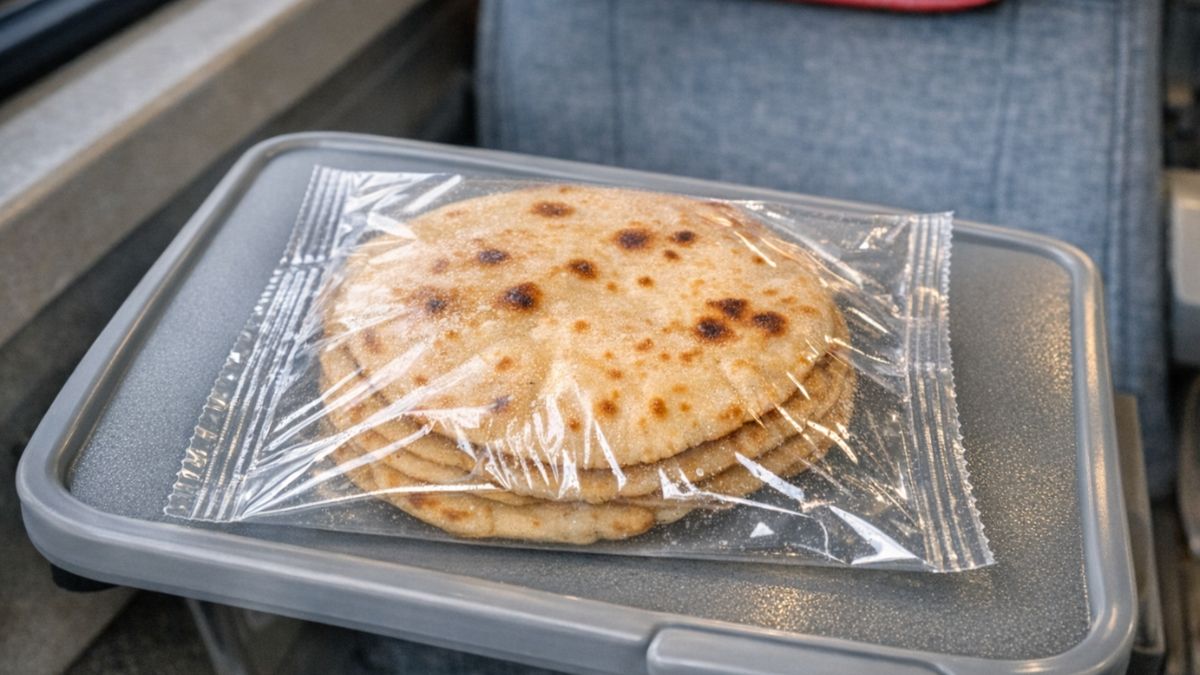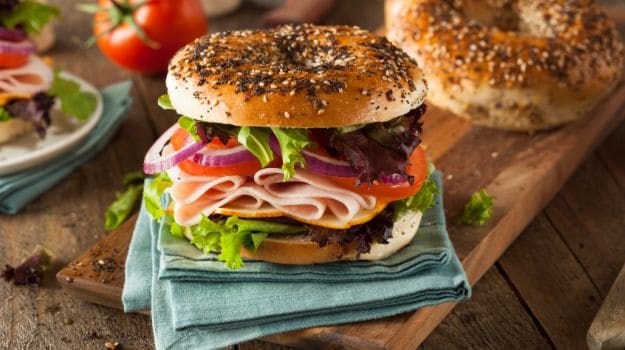The bagel is rolling into the hearts of French foodies who see the New York culinary icon as a healthy alternative to pizza and burgers. And what could be a more natural showcase for the bread with a whole in the middle than the food truck - itself a Johnny-come-lately to French eating habits?Arnaud Peyrolles, who owns three food trucks dubbed Le Bagel Qui Roule (The Rolling Bagel), expects his turnover to treble or even quadruple to 500,000 or 600,000 Euros ($675,000) this year. The bagel "is really appreciated as a high-quality alternative to street food," he said. "It's healthier and fresher than the burger, for example."Ilan Wegh of the fast food chain Bagel Bagels, which has two outlets in Paris, recalling the bagel's roots in eastern Europe, said: "It's coming back across the Atlantic." Wegh also touted the nutritious upside of his bagel sandwiches, noting that women make up the bulk of his clientele - 80 percent - "because the bagel enjoys a 'lite' image."
The head of the French restaurant industry council Gira, Bernard Boutboul, said that five years ago the bagel was "virtually non-existent". Some 100 million were sold in 2013, and the figure is expected to rise to as many as 250 million this year, he said.Four chains currently dominate the French bagel market, led by Bagelstein with around 60 outlets across the country. Sales are brisk, with Bagelstein's 284 employees baking and serving some 18,000 bagels a day. The company's website says it will add some 40 shops by 2017.Gira's Boutboul says the freshness and sheer variety offered by bagels - onion or plain, studded with poppy or sesame seeds, and so on - helps explain the trend. "The French are big bread-lovers and appreciate the chance to choose their bread," he said.Michael and Carole Benchimoun, who opened a bagel bakery in 2011 called Authentic Bagels, today supply around 150 supermarkets in the Paris region and around 40 restaurants, with a clientele that has doubled in the past year. "With a fresh bagel, a good product, customers come of their own accord," says Michael Benchimoun.
The head of the French restaurant industry council Gira, Bernard Boutboul, said that five years ago the bagel was "virtually non-existent". Some 100 million were sold in 2013, and the figure is expected to rise to as many as 250 million this year, he said.Four chains currently dominate the French bagel market, led by Bagelstein with around 60 outlets across the country. Sales are brisk, with Bagelstein's 284 employees baking and serving some 18,000 bagels a day. The company's website says it will add some 40 shops by 2017.Gira's Boutboul says the freshness and sheer variety offered by bagels - onion or plain, studded with poppy or sesame seeds, and so on - helps explain the trend. "The French are big bread-lovers and appreciate the chance to choose their bread," he said.Michael and Carole Benchimoun, who opened a bagel bakery in 2011 called Authentic Bagels, today supply around 150 supermarkets in the Paris region and around 40 restaurants, with a clientele that has doubled in the past year. "With a fresh bagel, a good product, customers come of their own accord," says Michael Benchimoun.
Advertisement










